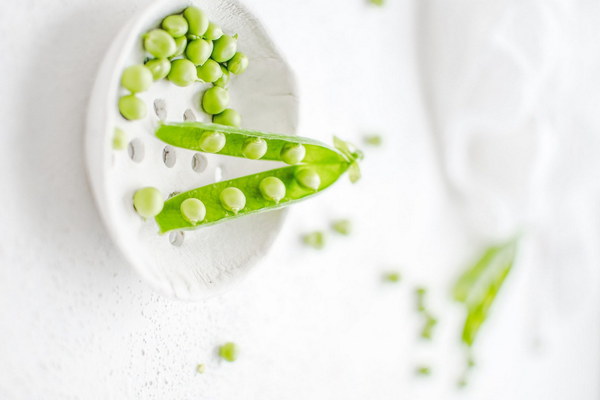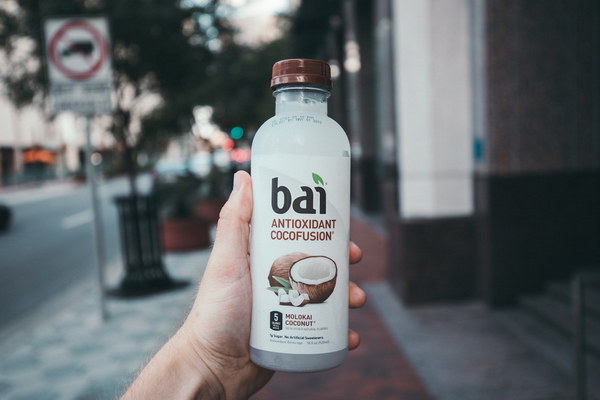Unlock Your Fitness Potential The Ultimate Guide to Sports Nutrition on the Go
Are you an avid fitness enthusiast looking to elevate your performance and achieve your fitness goals? If so, you've come to the right place. In this comprehensive guide, we'll explore the world of sports nutrition and how it can help you take your fitness journey to the next level. Whether you're a professional athlete or a fitness beginner, the right nutrition plan can make all the difference. Let's dive in!
1. The Importance of Sports Nutrition
Sports nutrition is the science of fueling your body with the right nutrients at the right time to optimize athletic performance. Proper nutrition not only helps you recover faster but also enhances your energy levels, muscle growth, and overall health. By understanding the basics of sports nutrition, you can make informed decisions to support your fitness goals.
2. Macronutrients: The Building Blocks of Your Diet
Macronutrients are the three essential nutrients your body needs in large quantities: carbohydrates, proteins, and fats. Each of these macronutrients plays a crucial role in your fitness journey.
a. Carbohydrates: Your body's primary energy source, carbohydrates are essential for fueling your workouts and providing sustained energy throughout the day. Opt for complex carbohydrates like whole grains, fruits, and vegetables to keep you energized.
b. Proteins: Proteins are the building blocks of muscle tissue and are vital for recovery and muscle growth. Incorporate lean proteins such as chicken, fish, tofu, and legumes into your diet to support your fitness goals.
c. Fats: Fats are a concentrated source of energy and play a vital role in hormonal balance and overall health. Focus on healthy fats like avocados, nuts, seeds, and olive oil to keep your body running smoothly.
3. Timing Your Meals and Hydration
Proper timing of your meals and hydration is essential for optimal performance and recovery. Here's a breakdown of the key points to keep in mind:
a. Pre-Workout: Eat a balanced meal or snack that includes carbohydrates and proteins about 2-3 hours before your workout. This will ensure you have enough energy to power through your session.
b. During Workout: If your workout lasts longer than an hour, consider consuming a sports drink or gel to replenish your energy stores and electrolytes.
c. Post-Workout: Within 30 minutes to an hour after your workout, consume a meal or snack rich in proteins and carbohydrates to aid muscle recovery and replenish glycogen stores.
d. Hydration: Drink plenty of water throughout the day, especially before, during, and after your workouts. Staying hydrated is crucial for maintaining performance and preventing dehydration.
4. Supplements: A Tool, Not a Solution
While supplements can complement a well-balanced diet, they should never replace whole food sources. Before incorporating supplements into your routine, consult with a sports nutritionist or healthcare professional. Some popular supplements include:
a. Protein Powders: Convenient for post-workout recovery, protein powders can help you meet your daily protein requirements.
b. Omega-3 Fatty Acids: Essential for heart health and inflammation reduction, omega-3 supplements can improve overall well-being.

c. Creatine: Known for its muscle-building properties, creatine can enhance your workout intensity and recovery.
5. Tailoring Your Nutrition Plan
The best sports nutrition plan is one that is tailored to your individual needs, goals, and lifestyle. Factors such as your fitness level, dietary preferences, and training schedule should be considered when creating a nutrition plan. Here are a few tips to help you personalize your sports nutrition plan:
a. Track Your Intake: Use a food diary or smartphone app to monitor your daily calorie and nutrient intake. This will help you identify areas for improvement and ensure you're meeting your macronutrient goals.
b. Experiment with Foods: Don't be afraid to try new foods and meal combinations. Finding what works best for you will make it easier to stick to your nutrition plan long-term.
c. Seek Professional Advice: If you're struggling to create a nutrition plan that fits your lifestyle, consider consulting with a sports nutritionist or registered dietitian for personalized guidance.
In conclusion, sports nutrition is a vital component of any fitness journey. By understanding the importance of macronutrients, timing your meals and hydration, and incorporating the right supplements, you can optimize your athletic performance and achieve your fitness goals. Remember, the key to success lies in consistency, so stick to your nutrition plan and make adjustments as needed to support your unique needs. Happy training!









